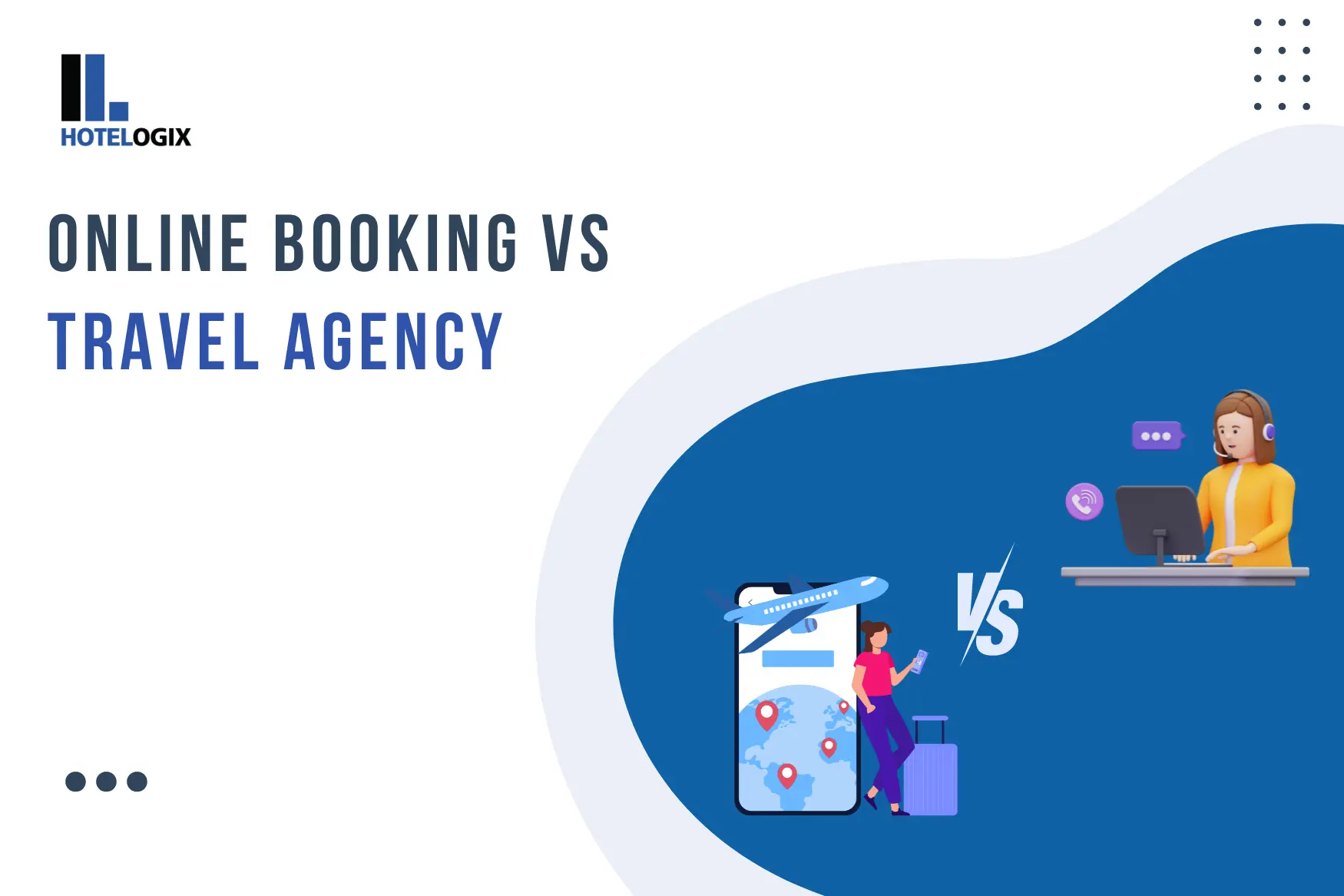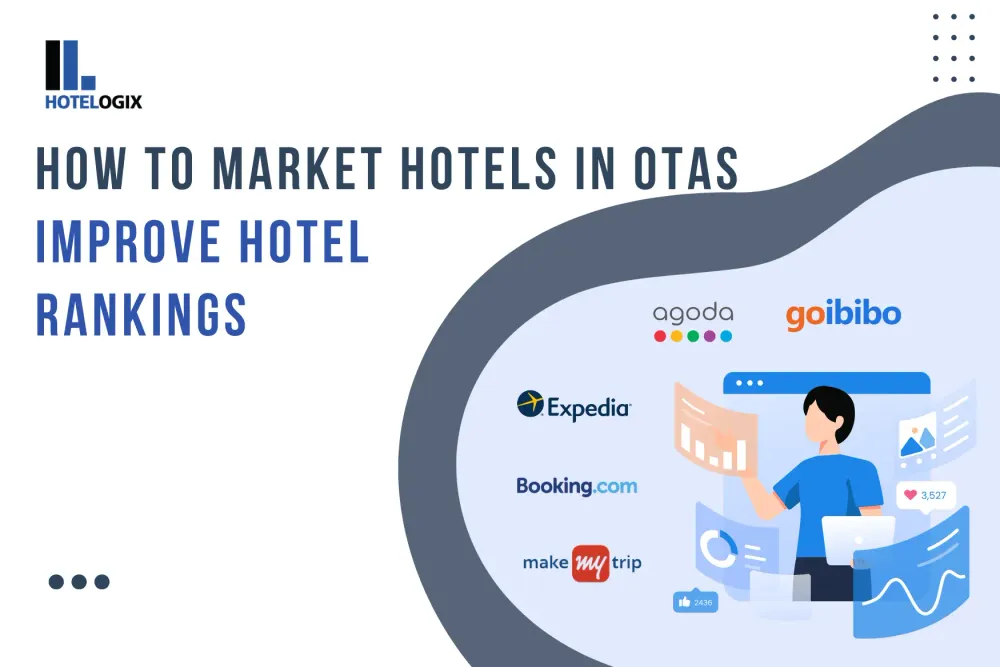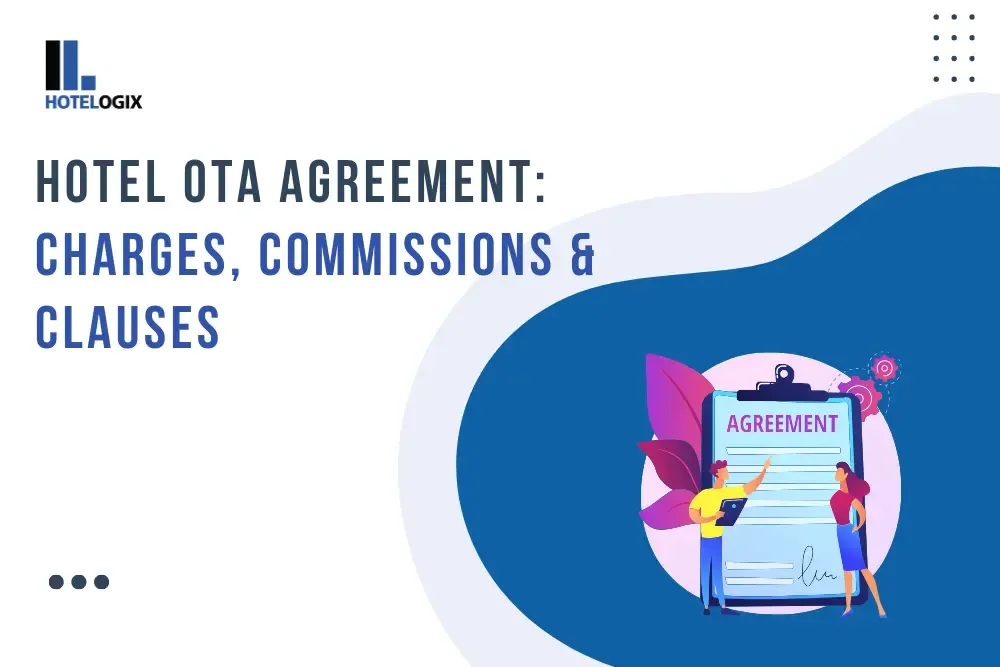Understanding the difference between online booking and travel agency services is crucial for hotel owners and managers looking to optimize their revenue streams. As the hospitality landscape evolves, knowing how to navigate these channels can significantly impact your occupancy rates and overall profitability.
Online Booking vs. Travel Agency: The Basics
Online Booking refers to the process where travelers directly reserve accommodations through websites or mobile apps, often referred to as Online Travel Agencies (OTAs) like Booking.com, Expedia, or Airbnb. These platforms provide a self-service model that allows guests to compare prices, read reviews, and book rooms at their convenience.
In contrast, a Travel Agency typically involves a human element where agents assist clients in planning their trips. They can offer personalized recommendations, handle complex itineraries, and provide support during travel disruptions. However, many travelers are shifting towards booking online travel agency options due to the convenience and accessibility they offer.
Key Differences
Control and Flexibility
Booking Online: Guests have complete control over their reservations. They can modify their bookings anytime without needing to consult an agent.
Travel Agency: While agents can manage bookings for clients, they often operate within set hours and may require more time for changes.
Personalization vs. Convenience
Travel Agency: Agents can tailor experiences based on individual preferences and provide exclusive deals that might not be available online.
Online Booking: Offers a vast array of choices but lacks the personalized touch that a human agent provides. However, it allows for quick comparisons across multiple options.
Cost Implications
Travel Agency: Often charges service fees or commissions but may secure better deals through partnerships with suppliers.
Booking Online: Typically presents lower upfront costs but may include hidden fees during the checkout process.
Customer Support
Travel Agency: Provides dedicated support throughout the booking process and during travel, which can be invaluable in emergencies.
Online Booking: Customer support varies by platform; while some OTAs offer 24/7 assistance, others may not provide immediate help.
Travel Agency vs Online Booking: Which is Better?
The choice between using a travel agency or booking online ultimately depends on your target market and their preferences:
For travelers seeking convenience and flexibility, especially millennials who prefer self-service options, online booking is likely the preferred method.
Conversely, if you cater to clients looking for personalized service—such as luxury travelers or those planning complex itineraries—a travel agency may be more beneficial.
OTAs vs Direct Bookings
When comparing OTAs (Online Travel Agencies) and direct bookings, hotel owners should consider the unique benefits and challenges of each. OTAs like Booking.com and Expedia provide significant exposure to a wide audience, allowing travelers to easily discover and compare hotels. However, they charge hefty commissions, typically ranging from 15% to 30%, which can impact profit margins.
In contrast, direct bookings—made through a hotel’s website or via phone—eliminate these intermediary fees, allowing hotels to retain more revenue. They also foster personal connections with guests, enabling better communication and tailored service. Additionally, direct bookings provide valuable customer data for targeted marketing and loyalty programs. While OTAs are vital for broad visibility, focusing on increasing direct bookings is essential for maximizing revenue and building long-term guest loyalty. Balancing both channels effectively is key to successful hotel management.
Conclusion
For hotel owners and managers, understanding the travel agency vs online booking dynamic is vital for maximizing occupancy and revenue. By leveraging both channels effectively—encouraging direct bookings while maintaining relationships with OTAs—you can enhance your hotel's visibility and appeal to a broader audience.
In summary, consider your guests' preferences when deciding how to market your property. Whether through an OTA or direct booking channels, providing excellent service remains paramount in ensuring guest satisfaction and loyalty.





